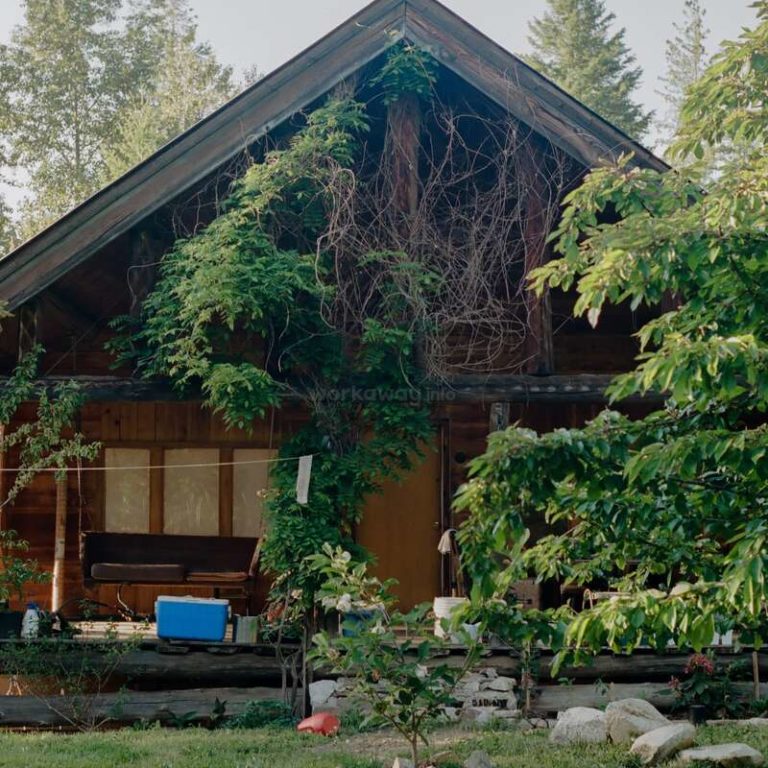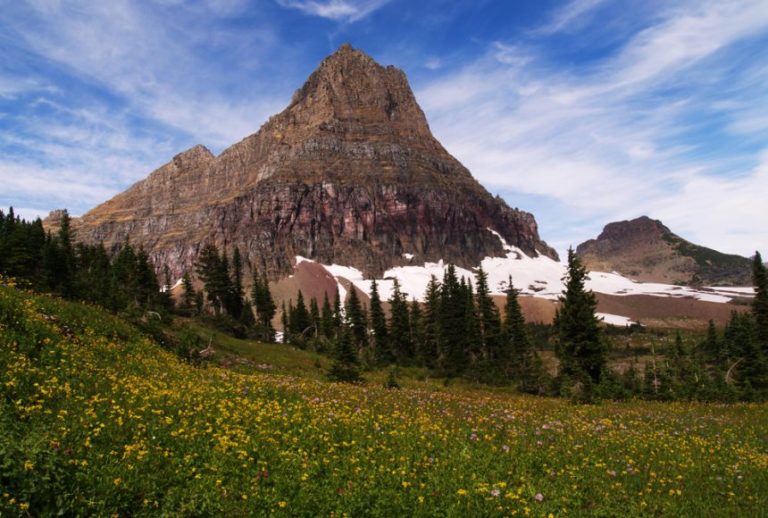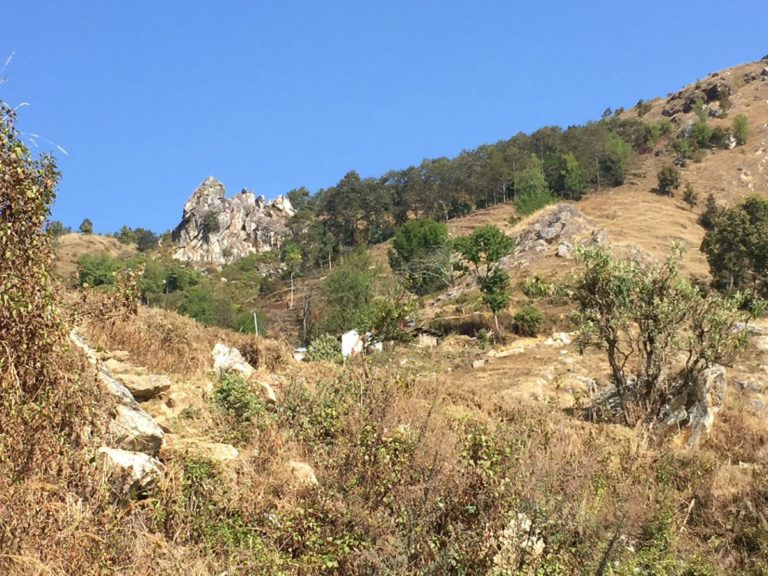The transition to off-grid living can be both empowering and challenging.
As you embrace this lifestyle change, it’s essential to understand the financial implications of ditching traditional utilities for renewable energy sources.
The good news is that with careful planning, you can not only survive but thrive without burdening your wallet.
From assessing the feasibility of off-grid living in your area to navigating local building codes and permits, we’ll guide you through every step of this exciting journey.
Get ready to embrace the financial benefits of off-grid living!
Upfront costs
Purchasing a remote piece of land, building a house, and installing solar panels, wind turbines, or other alternative energy systems can be expensive, ranging from $50,000 to $500,000 or more, depending on the location, size of the house, and the complexity of the energy system.
The total cost of purchasing the land, constructing a house, and installing solar panels, wind turbines, or other alternative energy systems can range from $50,000 to $500,000 or more, depending on the location, size of the house, and the complexity of the energy system.
For example, if you choose to build a simple, 1,000-square-foot house on a rural plot of land, you might pay around $50,000 to $100,000 in land and construction costs.
However, if you opt for a larger, more elaborate home with multiple bedrooms, a living room, and a kitchen, the cost could range from $200,000 to $500,000 or more.
The cost of installing alternative energy systems, such as solar panels or wind turbines, can range from $10,000 to $50,000 or more, depending on the size and complexity of the system.
Off-grid solar systems can cost $15,000 to $30,000 or more, while wind turbine systems can cost $30,000 to $50,000 or more.
Overall, building a sustainable homestead on a remote piece of land can be a worthwhile investment, both financially and environmentally, but it’s important to carefully consider the upfront costs before embarking on such a project.
If you are considering building a sustainable homestead on a remote piece of land, there are several factors to take into account before making a decision.
One of the most important considerations is the cost of the project.
Building a house on a remote piece of land can be expensive, with costs ranging from $200,000 to $500,000 or more, depending on the size and complexity of the home.
The cost of installing alternative energy systems, such as solar panels or wind turbines, can add a significant expense to the project.
Off-grid solar systems can cost $15,000 to $30,000 or more, while wind turbine systems can cost $30,000 to $50,000 or more.
However, it is important to note that these costs are approximate and can vary greatly depending on the specific location, size, and complexity of the project.
There may be financial incentives and tax credits available for individuals who invest in sustainable energy systems, which can help offset some of the upfront costs.
While building a sustainable homestead on a remote piece of land can be an expensive endeavor, it can also provide long-term savings and a more self-sufficient lifestyle.
It is important to carefully consider the costs and benefits of the project before making a decision.
Financing options
While there are fewer financing options available for off-grid living compared to traditional homeownership, there are still some alternatives to consider, such as personal loans, home equity loans, or crowdfunding. Some alternative lenders also offer specific loans for off-grid homes.
While there may be fewer financing options available for off-grid living compared to traditional homeownership, there are still several alternatives to consider.
One option is a personal loan, which can be used to fund the purchase and installation of an off-grid home.
Personal loans are often offered by online lenders and can have relatively low interest rates, especially if you have a good credit score.
Another option is a home equity loan, which allows homeowners to borrow money using the equity in their property as collateral.
This can be a good option for off-grid homeowners who have built up equity in their property over time.
Another financing option for off-grid living is crowdfunding.
Platforms like Kickstarter and Indiegogo allow individuals and organizations to raise money for their projects by soliciting contributions from a large number of people.
This can be a good option for off-grid homeowners who want to raise funds for a specific project, such as installing solar panels or a wind turbine.
Some alternative lenders offer specific loans for off-grid homes.
These lenders may have more flexible underwriting criteria and a deeper understanding of the unique financial challenges faced by off-grid homeowners.
They may also offer longer repayment terms and lower interest rates, which can make it easier to finance an off-grid home.
Overall, while there may be fewer financing options available for off-grid living, there are still several alternatives to consider.
By exploring these options and shopping around for the best rates and terms, off-grid homeowners can find the financing they need to live sustainably and independently.
Property taxes
Since off-grid homes are not connected to the local grid, they may not be subject to the same property taxes as traditional homes. However, some remote areas may have special tax districts or fees to fund local infrastructure. It’s essential to research the property tax situation before investing in off-grid living.
When considering an off-grid home, it’s essential to research the property tax situation to avoid any unexpected costs.
While off-grid homes may not be subject to the same property taxes as traditional homes, there may be special tax districts or fees in place to fund local infrastructure in remote areas.
These taxes or fees can vary significantly depending on the location and the specific needs of the area.
For example, some remote areas may have special taxing districts that are specifically designated to fund infrastructure such as road maintenance, snow removal, and other essential services.
Some off-grid homes may be located in areas with high levels of wildfire risk, which can lead to increased property taxes to fund fire protection and mitigation efforts.
Therefore, it is important to research the property tax situation before investing in off-grid living to ensure that you understand all of the associated costs and can plan accordingly.
Insurance
Off-grid homes may require specialized insurance policies that cover unique risks such as weather damage, wildfires, or wildlife intrusions. These policies may be more expensive than traditional homeowners’ insurance, but they can provide vital financial protection.
Owning an off-grid home can be a dream come true, but it also comes with unique challenges and risks that require specialized insurance policies to protect your financial investment.
Weather damage, wildfires, and wildlife intrusions are just a few of the potential risks that off-grid homes may face, and traditional homeowners’ insurance may not cover these risks adequately.
Specialized off-grid home insurance policies are designed to address these specific risks and provide vital financial protection for your home and its contents.
These policies may be more expensive than traditional insurance, but the peace of mind they provide is well worth the investment.
With specialized off-grid home insurance, you can rest assured that your home and your financial well-being are protected from the unique risks that come with living off the grid.
Maintenance costs
Off-grid homes often require more maintenance than traditional homes, particularly when it comes to the alternative energy systems and water supply. Factors such as location, climate, and system design can affect the maintenance costs, so it’s important to research and plan for these expenses.
Owning an off-grid home can be a dream come true for those seeking a self-sufficient and sustainable lifestyle.
However, it’s important to acknowledge that these homes often require more maintenance than traditional homes, particularly when it comes to the alternative energy systems and water supply.
The location and climate of your off-grid home can significantly impact the amount of maintenance required.
For example, homes located in remote areas with extreme weather conditions may require more frequent repairs and replacements of parts, such as batteries and solar panels.
Moreover, the system design can also affect the maintenance costs, as a poorly designed system can lead to more frequent breakdowns and the need for costly repairs.
It’s essential to research and plan for these maintenance expenses before investing in an off-grid home.
This includes identifying the specific maintenance needs of your home’s alternative energy systems and water supply, as well as budgeting for periodic upgrades and replacements.
It’s important to work with a reputable builder or developer who has experience with off-grid home designs and can provide guidance on how to minimize maintenance costs over time.
By doing your due diligence and understanding the unique maintenance needs of an off-grid home, you can ensure a successful and enjoyable transition to a sustainable and self-sufficient lifestyle.
Utility costs
While off-grid homes can reduce or eliminate their electricity and water bills, they may still require occasional purchases of propane, diesel, or other fuels for heating, cooking, or generator power. These costs can vary depending on the location, energy usage, and system efficiency.
While off-grid homes offer a cost-effective solution to reduce or eliminate electricity and water bills, they may still require occasional purchases of propane, diesel, or other fuels for heating, cooking, or generator power.
These costs can vary depending on the location, energy usage, and system efficiency.
For example, if you live in a colder climate, you may need to purchase more propane for heating during the winter months, which can increase your overall energy costs.
Similarly, if you have a larger household or use more energy-intensive appliances, you may require more diesel or other fuels to power your off-grid systems.
If your system is not operating at optimal efficiency, you may experience higher fuel costs due to wasted energy.
To mitigate these costs, it’s essential to invest in high-quality, energy-efficient systems and appliances, maintain your equipment regularly, and optimize your energy usage.
By doing so, you can minimize your fuel costs and enjoy a more self-sufficient and sustainable lifestyle.
Sustainability and resilience
Off-grid homes are designed to be self-sufficient and resilient in the face of power outages or other crises. Sustainability can be a key aspect of off-grid living, but it may also require additional initial investment and ongoing maintenance.
Off-grid homes are designed to be self-sufficient and resilient in the face of power outages or other crises.
These homes are often equipped with renewable energy systems, such as solar panels or wind turbines, to provide power and heat.
Off-grid homes may feature rainwater harvesting systems, composting toilets, and other innovative technologies that reduce the need for outside resources.
Sustainability is a key aspect of off-grid living, as these homes are designed to minimize waste and consumption.
However, achieving off-grid sustainability may require additional initial investment in renewable energy systems, as well as ongoing maintenance to ensure the systems are functioning properly.
For example, solar panels require regular cleaning to maintain their efficiency, while wind turbines need regular lubrication to ensure smooth operation.
Despite these additional costs and maintenance requirements, off-grid living can provide numerous benefits, including energy independence, reduced carbon footprint, and increased resilience in the face of natural disasters or other crises.
Regulations and permits
Building an off-grid home may require obtaining special permits, adhering to zoning regulations, and meeting local building codes. These requirements can vary widely depending on the location and the specific regulations, so it’s important to research and plan accordingly.
Building an off-grid home may require obtaining special permits, adhering to zoning regulations, and meeting local building codes.
These requirements can vary widely depending on the location and the specific regulations, so it’s important to research and plan accordingly.
Obtaining the necessary permits and approvals can be a time-consuming and complex process, but it’s essential to ensure that your home is safe and compliant with local regulations.
Zoning regulations can restrict the size and location of your home, and building codes can dictate the materials and techniques you use.
For example, some areas may require homes to meet minimum energy efficiency standards or install certain safety features such as smoke detectors.
Before you start building, research the regulations in your area and work with a qualified professional to ensure that your home meets all the necessary requirements.
This will not only protect you from legal and financial penalties but also ensure that your home is safe and comfortable for years to come.
Want More? Dive Deeper Here!
Hey there! If you’re the type who loves going down the rabbit hole of information (like we do), you’re in the right spot. We’ve pulled together some cool reads and resources that dive a bit deeper into the stuff we chat about on our site. Whether you’re just killing time or super into the topic, these picks might just be what you’re looking for. Happy reading!






